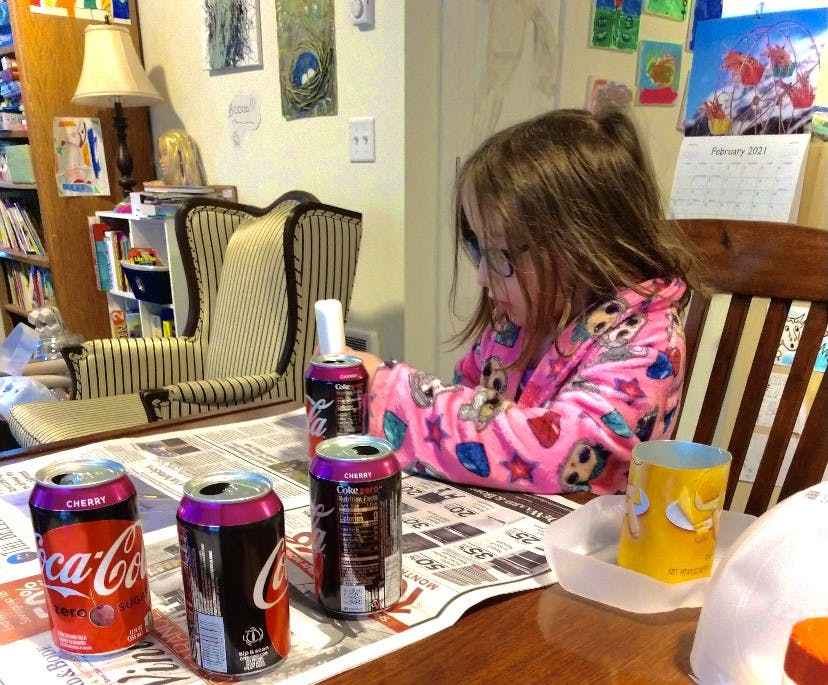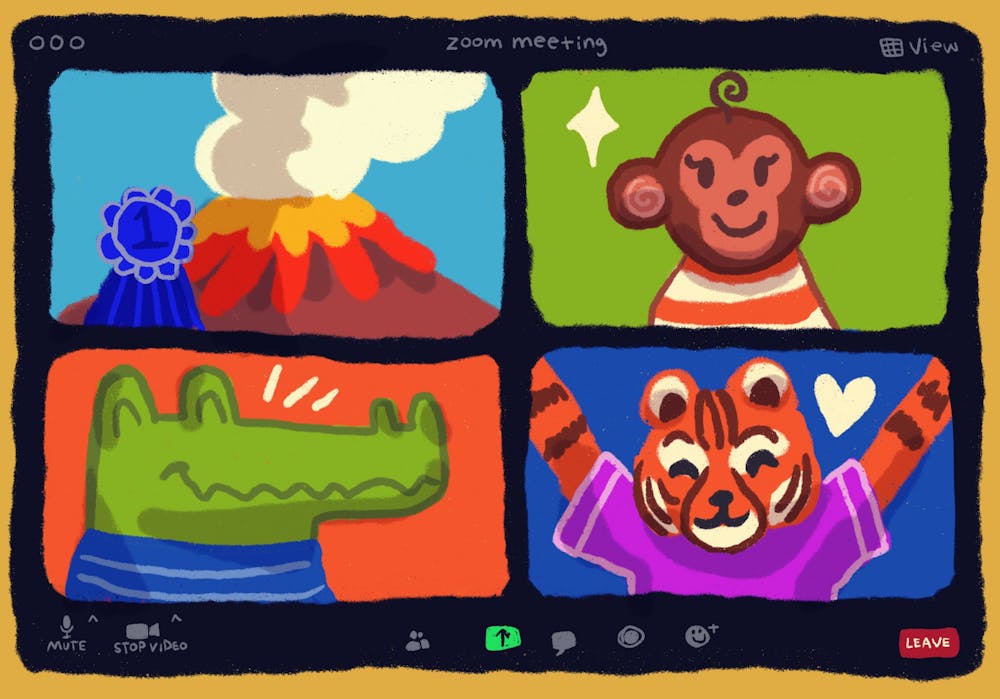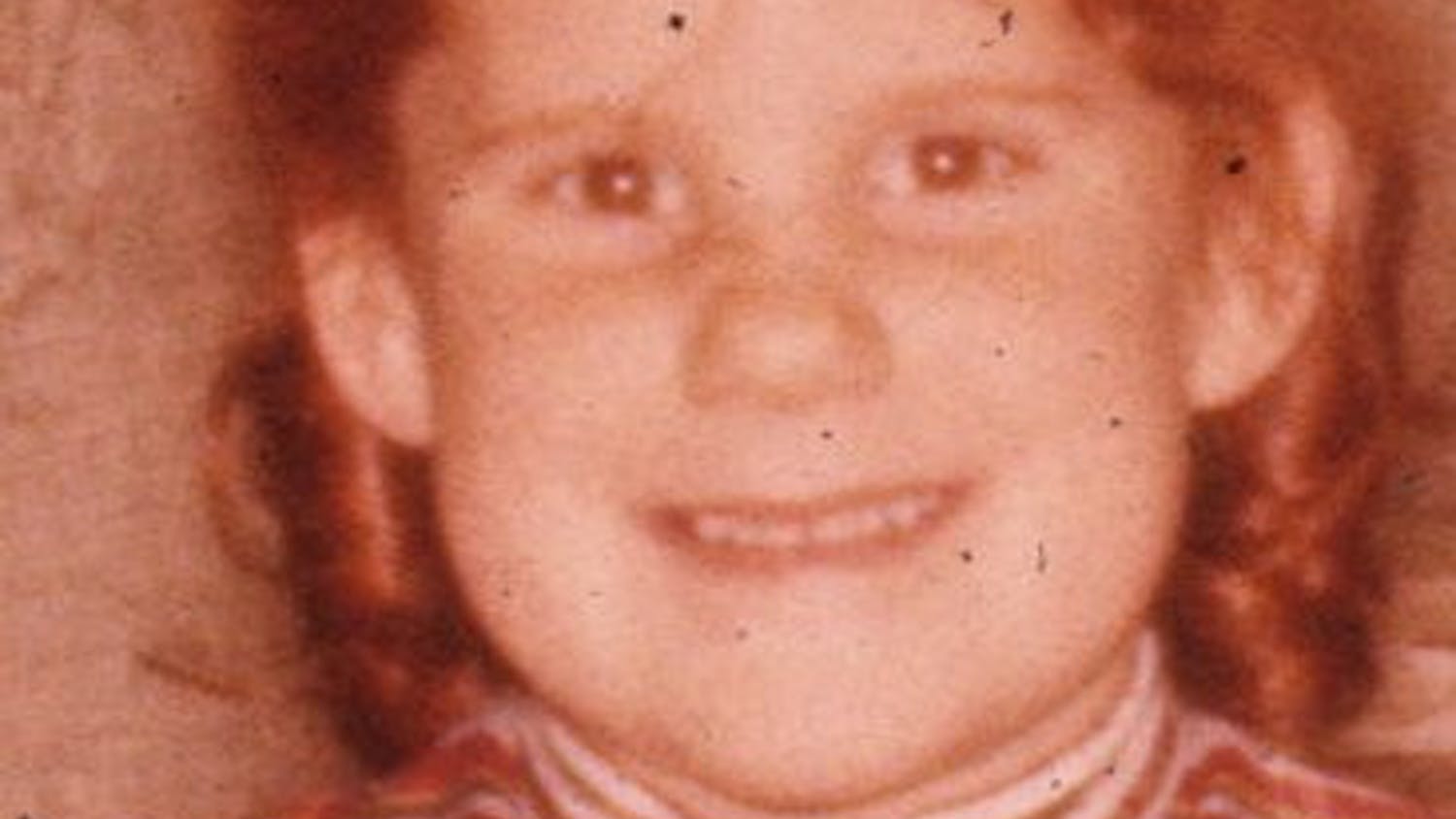Western Washington University elementary education undergraduates have struggled to connect with young students amid the COVID-19 pandemic. So a member of Happy Valley Elementary PTA came up with a solution: a virtual science fair.
Rebecca Borowski, an assistant professor of mathematics education as well as a member of the Happy Valley Elementary PTA, was inspired during the early stages of the pandemic to encourage a virtual science fair because of her fourth-grade daughter, Izzie Borowski.
“Izzie was really excited about the science fair,” Borowski said. “She had designed this experiment and started to collect data and was getting ready. We were at the stage where I needed to get my act together as a parent and help her finalize things, but then the pandemic happened.”
Borowski said one of the first consequences of COVID-19 was that Happy Valley Elementary canceled that science fair, and her daughter was devastated. Rather than throwing out all of Izzie’s work, they decided to finish the project and share it via social media.
“When the following school year came around, I thought we could come up with a way of doing a digital science fair for the whole school,” Borowski said. “Debi Hanuscin and I are good friends and colleagues, and when we talked about it, she shared that some of her students hadn’t been able to get into classrooms because of the pandemic. We thought maybe that was something they could do together.”

Izzie Borowski designs her science project in Bellingham, Wash. in February 2021. Izzie used materials such as soda cans, milk cartons and chip containers while working on her project. // Photo courtesy of Rebecca Borowski
Hanuscin is a professor of science education at Western, and she was immediately on board with Borowski’s idea of creating a virtual science fair for Western and Happy Valley students to collaborate on.
“[My students] decided to mentor small groups over eight weeks and we kind of built the website,” Hanuscin said. “We had different committees that they divided themselves into, and they made flyers, they made a promotional video and they sent an email to the PTA to share with the parents.”
Hanuscin said her students were unsure whether their work would pay off, but to their surprise, approximately 100 elementary students signed up for the fair in 2021.
This year, mentors are elementary education candidate students chosen from a Science Education 490 class taught by Caroline Hardin.
“The mentors are getting the opportunity to teach science to elementary school students, see how they improve their understanding of science and engineering practices over time and see what misconceptions they have to overcome,” Hardin said. “They are also getting to practice teaching remotely and teaching in times of disruption.”
Fifth-year Zanneta Tayag, one of this year's mentors, has been meeting with students since Jan. 27.
“My favorite part about being a mentor is probably hearing all the students' ideas for what they want to do for the science fair,” Tayag said. “The kids that I am working with like to think up some big science fair projects, which is great because they aren't limiting themselves on what they can do.”
The virtual fair website explains that this was designed to be a celebration of learning, not a competition. There will be recognitions given to students such as “Outstanding Innovation and Creativity,” “Outstanding Inquiry and Investigative Design” and “Outstanding Research.”
Projects will be available to view March 14-18 in this Google Classroom. To learn more about the 2022 Virtual Science and Engineering fair, visit the About page.
Isabella Loy (she/her) is one of two copy editors for The Front this quarter. She's a fourth-year transfer student majoring in news/ed journalism with a concentration in Religious Studies. She has also worked on publications at her community college and at Western's magazine, Klipsun. You can reach her at isabellaloy.thefront@gmail.com.




